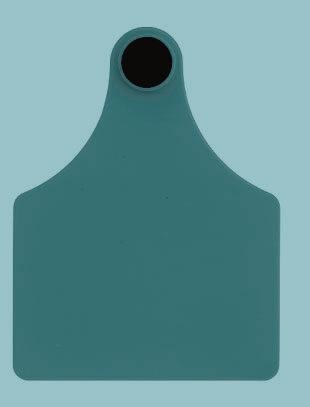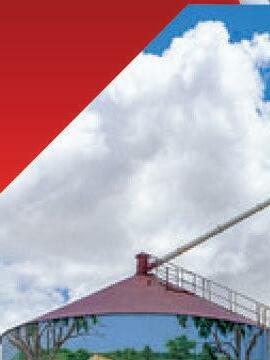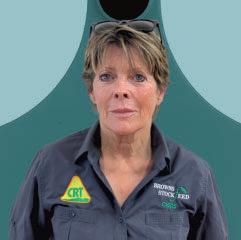
1 minute read
Birdsafety frontofmind


AGRICULTURE Victoria is urging bird ownerstohelp prevent emergency animal diseases through the routine use of biosecurity measures at home, sales, birdshows and race events.
Victoria’s Chief Veterinary Officer,Dr Graeme Cooke, said poultry farmers, and birdand backyardchook owners needed to be vigilant for disease in their birds, such as avian influenza.
includes family members,work colleagues, friends, and first responders.
“Many of the stories in this calendar talk about how the most simplistic act of someone showing up for them when things arehardwas the best medicine.
“Don’t hide behind atext message; make an effort and knock on someone’s door, look that personinthe eye and really ask them how they’regoing. Hold space for them. We cannotrely on government programs or medicalprofessionals to fix all the problems. We allmust play an active role inlooking afterone another. Talking about my experience of my dad’s death has helped heal my heart.”
Last year Ms Jones was featured in This Man’s Worth, asuicidepreventionadvocacy film available to stream on SBS on Demand.
“For me, there’s no shame in dad’s death; mental healthisarealhealth problem, and the statistics of suicide, and its ripple effect in our communities, areenormous,” she said.
The calendar isavailable for free from the Gippsland Jersey website. Lifeline can be phoned on 13 11 14.

“Signs of avianinfluenzainclude breathing difficulties such as coughing, sneezing, or rasping, while ruffled feathers,dopiness, diarrhoea and closed eyes can also be evident,”he said..
“Other signs includeswelling and purple discolourationofthe head, comb, wattles and neck, and a rapid drop in eating, drinking and egg production.”
Dr Cooke said infected birds shed avian influenza in saliva, nasal secretions and faeces.

“Wild birds including waterfowl are anatural host for the virus and don’t usuallyshow any symptoms. They need to be kept away from domestic birds, their food and water,” he said..
“Domestic poultry, chickens, ducks, geese,turkeys, guineafowl,quail pheasants,emus and ostriches are most susceptible to being affected by avian influenza.”
Dr Cooke said an on-farm biosecurity plan wasthe best management tool poultryfarmers could use to reduce the risk of introducinginfectious diseases.
“Other actionsinclude maintaining ahigh level of hygiene, rodent control around poultrysheds and feed-bins, and avoiding contact with noncommercial poultry and wild birds,” he said..
“New birds should be quarantined prior to being integrated into existing commercial or backyardflocks. Disease transmissionshouldbeminimised between poultry farms by cleaning vehicles,equipment and clothingafter visiting another farm.”
Poultry farmers andbirdowners with backyardflocks areurged to report cases of unexplained sudden increase in bird deathsor asuddendropinegg production tothe 24-hour Emergency Animal DiseaseWatchHotline on 1800 675 888, to your local vet or to AgricultureVictoria.
Dr Cooke also reminded all livestock owners, including those with poultry, of the needto have aproperty identification code (PIC), which allows AgricultureVictoriatotrace and control disease outbreaks.
“GettingaPIC is free and easily done online via the AgricultureVictoria website,” Dr Cooke said.

Afull list of biosecurity measures for poultry producers is available on the AgricultureVictoria website.









